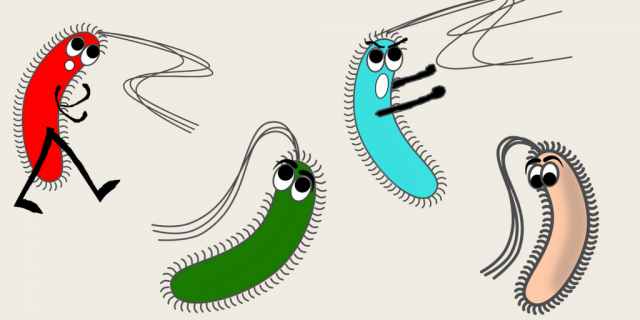
What is trichomoniasis?
Great question! Trichomoniasis is actually the most common CURABLE sexually transmitted infection (STI). But, weirdly, it’s never discussed as much as STIs like chlamydia, syphilis and herpes.
Trichomoniasis (also called trich) is caused by a parasite that can be transmitted through penis in vagina (PIV) sex, or tribbing (when two people with vaginas rub their vulvas together for sexual pleasure). The hands, mouth, and anus do not generally become infected.
Like most STIs, the most common symptom is no symptom at all.
Only 30% of people with trichomoniasis show signs of the infection. Of those who have symptoms, the most common are:
- Itching, burning, and redness around or inside the genitals
- Burning or discomfort during urination
- Uncomfortable sex
- Discharge from the penis or a change in vaginal discharge, with a fishy smell
Unlike some other STIs, trichomoniasis doesn’t have serious, long-term health consequences. However, trich does make getting and giving STIs like HIV much easier. If you think you might have trich, you should see a healthcare provider. They can do a simple test to make sure that’s what’s going on. Trichomoniasis is treated with pills (not a shot!), and is completely curable.
If you’ve been diagnosed with trich, you do need to tell anyone you’ve had sex with recently so they can get tested and treated, too.
If your partner has it and doesn’t get treated, you could become re-infected. Getting it once does NOT make you immune from getting it again. Once you and your partner have been treated, you should wait 7-10 days to have sex again, so you can be sure that it’s completely gone.
You can reduce the risk of getting trichomoniasis by using condoms every time you have sex, but this doesn’t completely get rid of the risk. Get tested regularly for STIs, and have open, honest conversations with your partners about STIs.
Remember: Having an STI does NOT make anyone “dirty,” “slutty,” or say anything about who you are as a person. Never shame someone else for having an STI—you wouldn’t blame someone for getting the flu, would you? We talk more about STI stigma and how to handle shame here.
If you’re 10-22 years old and live in NYC, you can make a free, confidential appointment at Mount Sinai Adolescent Health Center for free STI testing and treatment. Our adolescent medicine specialists can also answer any other questions you have about your sexual health (or health overall).


